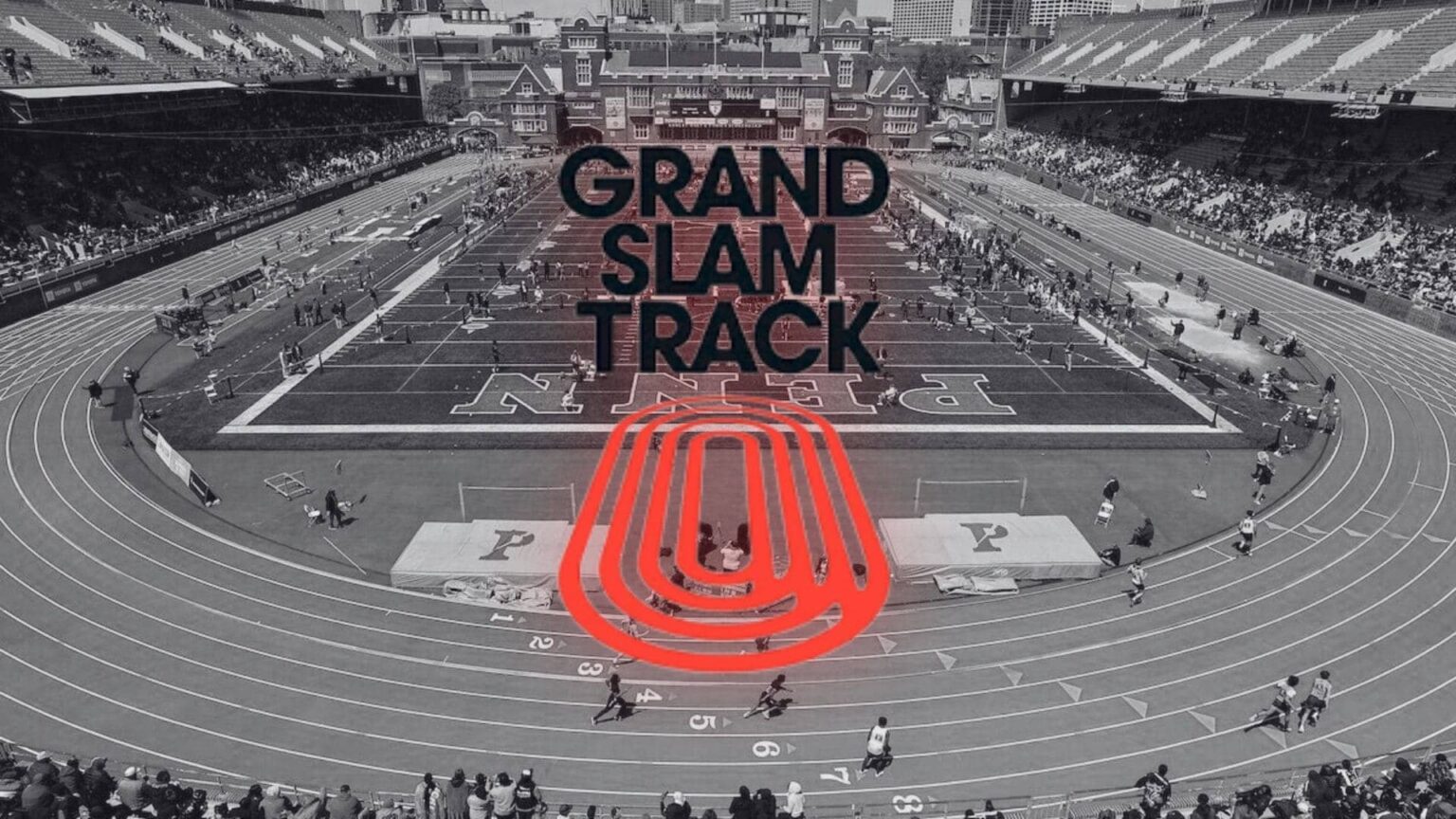The Grand Slam Track, an ambitious track and field league founded by Olympic icon Michael Johnson, finds itself grappling with significant financial challenges. This crisis threatens to stall future plans for the league and has left athletes anxiously awaiting millions in unpaid prize money.
In a detailed statement released on Friday, Johnson candidly admitted that the league is facing struggles in compensating athletes from its inaugural season in 2025. He explicitly stated that the 2026 season will remain uncertain unless existing debts are resolved.
These financial discrepancies come on the heels of the league’s self-imposed deadline of July 31 to settle over $3 million in prize money owed after the league’s debut meet in Kingston, Jamaica. However, that funding remains unresolved.
The troubles extend beyond Kingston. The league reportedly owes approximately $13 million in total—including both prize and appearance fees—across its three completed meets in Kingston, Miami, and Philadelphia. While some athletes in Kingston received their appearance fees, many have yet to receive their prize money. Athletes in Miami and Philadelphia have faced delays in both categories.
Big-name athletes including Gabby Thomas, Grant Fisher, and Kenny Bednarek are among those whose expectations remain unmet; each is owed $100,000. Other athletes, like Fred Kerley, await $25,000, and Josh Kerr is still in line for $12,500.
Initially, the league seemed to signal a new era in track and field. Announced in late 2024, Grand Slam Track boasted $30 million in funding, with expectations of $12.6 million in prize money, impressive figures in a sport where even top performers often earn modest payouts. The league’s structure centered on exclusive track events, allowing athletes the opportunity to earn substantial winnings by dominating races at each meet.
Nevertheless, the inaugural meet held in Kingston fell flat. Attendance was poor, and the absence of local stars led to lackluster fan engagement. Despite growing attendance in Miami and Philadelphia—bolstered by a deal with The CW—the subsequent cancellation of the fourth meet in Los Angeles raised eyebrows. Johnson cited this decision as a measure to avoid further financial losses and stabilize the league, complicated by the withdrawal of a key investor.
In his statement, Johnson expressed concern over the implications this financial turbulence has on athletes, stating, “We promised that athletes would be fairly and quickly compensated… This has led to frustration, disappointment, and inconvenience… I know this damages trust.”
Responses from the athletes have varied. Gabby Thomas publicly asked for her payment on social media, while Fred Kerley used platforms to remind followers about the outstanding prize money. In contrast, Grant Fisher highlighted potential consequences for the league if compensation issues are not resolved soon, warning that growing frustration is inevitable.
While some athletes are vocal about their concerns, others, like Kerr and Bednarek, have taken a more patient stance, emphasizing the challenges inherent in a new business: “I’m not worried,” Bednarek noted earlier this month, “I feel like we’re all going to get paid, so just gotta be patient.”
The perspective among athlete agents is mixed. One labeled the situation as “massively frustrating“, while another expressed significant concern over potential bankruptcy. Hawi Keflezighi, who represents notable middle-distance runner Nikki Hiltz, suggested his team is remaining hopeful, stating, “We are rooting for the GST team and investors to figure things out and make the athletes whole.”
World Athletics President Sebastian Coe has described the situation as “not good“, indicating that the governing body is closely monitoring developments while engaging with affected athletes. USA Track & Field, while not directly involved, expressed hope for a timely resolution.
Currently, Johnson emphasizes that rectifying unpaid athlete compensation is the top priority. “The 2026 season will not happen until those obligations are met,” he declared, expressing continued confidence in the league’s future despite its current tribulations. He has been actively meeting with potential investors, aiming to secure the necessary support for the league, but cautions that finding the right partners could take time.
The pathway forward for Grand Slam Track remains challenging. The recovery from its rocky debut season hinges on regaining the trust of the very athletes it aimed to uplift, and fulfilling the substantial paydays that originally attracted them to the league. As the challenges unfold, it becomes essential for the league to address its financial commitments promptly while illustrating its commitment to athlete empowerment in the world of sports.
